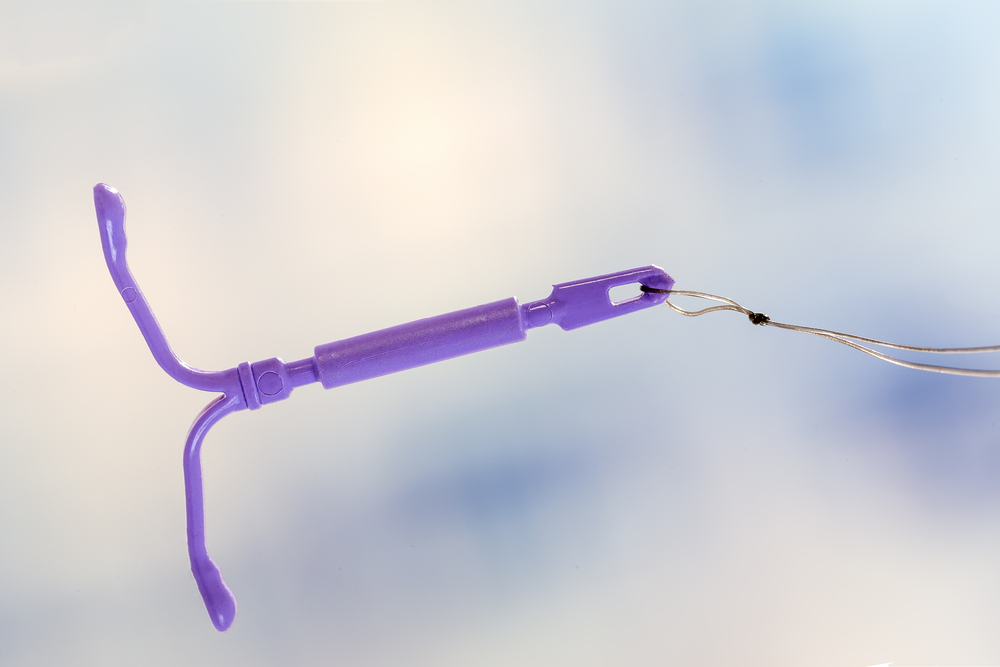Contents:
- Medical Video: How to eat a heart-healthy diet
- Eating fish twice a week can nourish the heart
- Benefits of omega 3 fatty acids for the heart
- Be sure to cook the fish in the right way
- Boil and steam
- Roasting
Medical Video: How to eat a heart-healthy diet
Indonesia is one of the maritime countries that has abundant marine wealth. No wonder if fish-fish are often a side dish to eat rice everyday. Besides being easily available, this one seafood is rich in various important nutrients such as omega 3 fatty acids, high-quality protein, and various vitamins (one of which is vitamin D) and other minerals needed to maintain a healthy body. Well, did you know that getting used to eating fish twice a week can help maintain heart health?
Eating fish twice a week can nourish the heart
Fish is one of the best sources of omega 3 fatty acids for the body and brain. In the 2002 issue of Circulation, the American Heart Association (AHA) stated that getting used to eating high omega-3 fish twice a week helps reduce the risk of heart failure, coronary heart disease, heart attack, and ischemic stroke.
Eric B. Rimm, Sc.D., professor of epidemology and nutrition at Harvard T.H. Chan's School of Public Health in Boston, who is also one of the authors of the study, stated that fish is a healthier protein source compared to meat that is rich in saturated fat.
This is reinforced by other studies that prove that replacing three percent of protein from processed meat with fish can reduce the risk of death by 31 percent due to heart complications or strokes. Because the meat contains saturated fats, which if consumed in excess can increase bad cholesterol levels to cause plaque in the arteries (atherosclerosis) which can trigger various heart diseases.
Plus about 40% of people have less vitamin D levels in their bodies. This can trigger a risk of heart disease, diabetes, dementia, and autoimmune diseases. Vitamin D is usually obtained from sun exposure, but fish can also be a good source of vitamin D for the body.
Benefits of omega 3 fatty acids for the heart
Quoted from Healthline, various benefits of omega 3 fatty acids for heart health are:
- Lowering triglyceride levels (fats other than cholesterol) by 15 to 30 percent.
- Reducing blood pressure in hypertensive people.
- Increase HDL or good cholesterol levels in the body.
- Maintain arteries from damage and prevent buildup of plaque that can clog and harden arteries.
- Reducing the production of several inflammatory substances.
However, you cannot replace fish with fish oil supplements that also contain omega 3. The reason is, there are no studies that prove that fish oil supplements have the same benefits as eating fish directly.
Be sure to cook the fish in the right way
The AHA recommends eating two servings of fish weighing 100 grams per week. Almost all fish contain good nutrition, but salmon, mackerel, herring, trout, sardines, albacore tuna, anchovies, and catfish contain more omega 3 fatty acids than other fish. For that, try to consume various types of fish to get maximum benefits for your heart health.
However, also pay attention to how to cook it. Because the wrong way to cook can affect the nutrients in it. Research conducted on 90 thousand Americans found that people who eat fried fish once a week are at 48 percent higher risk of heart failure than those who eat fish without frying it. In addition, the content of omega-3 from fried tuna can decrease by 75% -80%. The same thing happens to salmon, the content of vitamin D can also be reduced by half if fried.
Compared to frying it, here are various ways to cook fish that are recommended to maintain nutritional integrity.
Boil and steam

Boiling and steaming are cooking methods that use water or other liquids such as broth during the cooking process. The second method of cooking does not use added oil so it does not add calories and the good fat content in the fish is maintained. Both also use lower temperatures compared to other cooking methods. This helps maintain the integrity of nutrition and minimizes the formation of dangerous cancer-causing chemicals.
Roasting

Roasting is a way of cooking by heating the fish to brown with the help of a little oil. Some studies show that compared to frying and heating it in the microwave, baking only removes a small amount of omega 3 fatty acids in fish. Roasting also maintains the vitamin D content in fish. Use olive oil in the roasting process because it is far healthier than ordinary cooking oil.
What are you waiting for, don't delay good things that can bring important benefits to your health. Embed the habit of fond of eating fish in family members and those closest to for better heart health.














